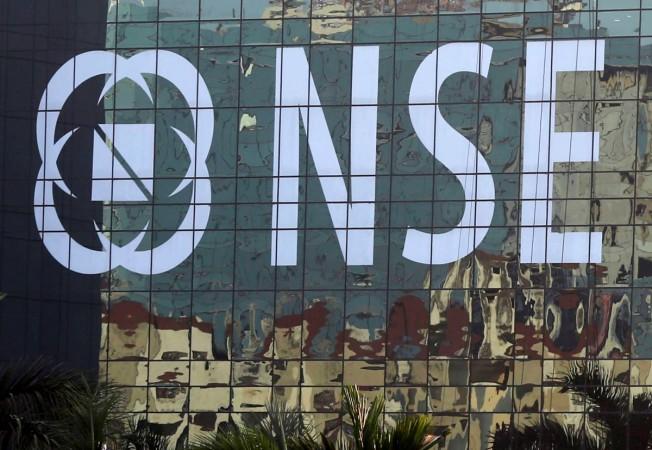
The market is expected to continue to be in the consolidation mode for another week as it awaits domestic and global cues, observers say. The focus is likely to be on the progress and intensity of the monsoon, scheduled GST Council meeting and signals on likely shape of Finance Minister Nirmala Sitharaman's Union Budget, experts said.
On the global front, Washington's response to New Delhi's decision on import tariff hike for 29 items, US-China trade war rhetoric, and meetings of three major central banks' including US Federal Reserve's interest rate decision will be on market radars.
The market last week fell for the second consecutive week. But, overall, it remained in a consolidation mode without major sell-off as it awaited the Union Budget FY20 scheduled to be presented on July 5. The market sentiments were under pressure from the Dewan Housing Finance Limited's (DHFL) debt repayment default and rating downgrade that pressured Yes Bank and IndusInd Bank and more regulatory measures from the Reserve Bank of India (RBI) for the non-banking financial companies (NBFC) segment. The unfolding IL&FS story of misfeasance also continued to affect the market, reports say.
"The markets are currently dancing to the global tunes and we do not see this changing any time soon, in the absence of any major local trigger. Nifty could see further fall if it fails to hold 11,800 and the next crucial support will be at 11,650," a report in the MoneyControl website said quoting Jayant Manglik of Religare Broking as saying.
Vinod Nair of Geojit Financial Services also said the ripple effect from a weak global market, with premium valuation and a slow economy, is hurting the market. "Continuous exchange of words between US and Iran regarding the oil tanker attacks, progress of US-China trade-war, fed policy outcome on June 19 and progress of monsoon will be closely watched by the investors," he was quoted as saying.
The Indian rupee fell by 33 paise to end the week at 69.80 against the US dollar tracking the weakness in Chinese Yuan against a strengthing greenback. Crude oil prices rising on the back of tensions in the Middle East following attacks on oil tankers and an equity sell-off also put pressure on the currency.

The oil price rose by one percent on June 14 amid concerns over potential supply disruptions after attacks on oil tankers in the Gulf of Oman and the Strait of Hormuz. But, the week ended with a loss of 2 percent amid global demand worries due to trade disputes between the world's largest economies, China and the US, the report says. Brent crude futures, the international benchmark for oil prices, closed at $62.01 a barrel on June 14.
Indian indices are awaiting global and domestic cues after the benchmark indices pulled back from all-time highs on June 3 following the Lok Sabha elections that returned Prime Minister Narendra Modi to power. The market benefited from the foreign portfolio investors' (FPI) higher buying interest in May but has since been seeking direction.
National Stock Exchange (NSE) benchmark Nifty's oscillations in a 400-point range with a modest slide last week showed the strength of the resistance zone of 12,000-12,050 range. It indicates there may be further pressure on the benchmark unless strong global or domestic cues emerge, the market watchers say.
Nifty ended the week down at 11,823 points after opening at 11,934 points and ranging between a high of 12,000 points and a low of 11,797 points. The Bombay Stock Exchange's (BSE) benchmark Sensex closed the week at 39,418 points after opening at 39,787 points. The benchmark hit a high of 40,065 points and a low of 39,363 points.

















